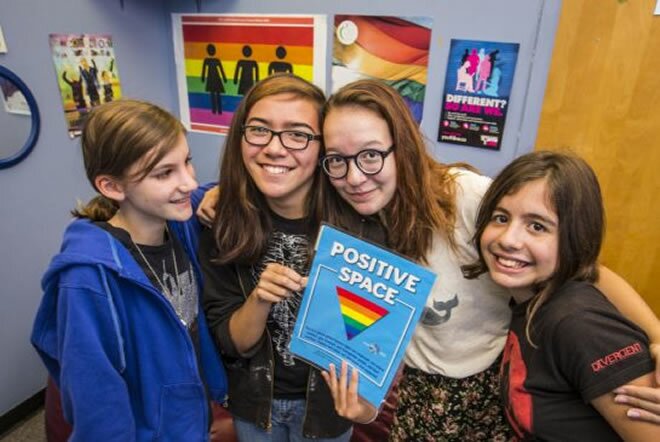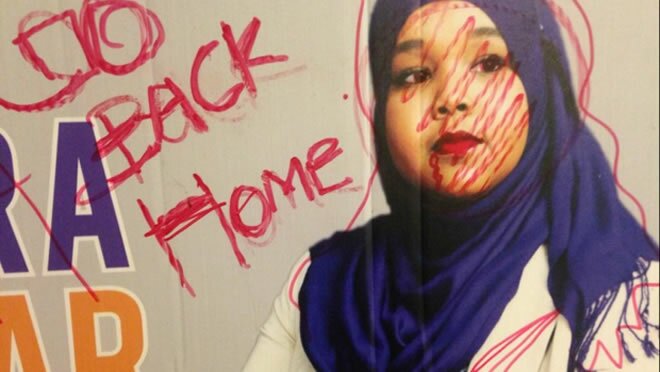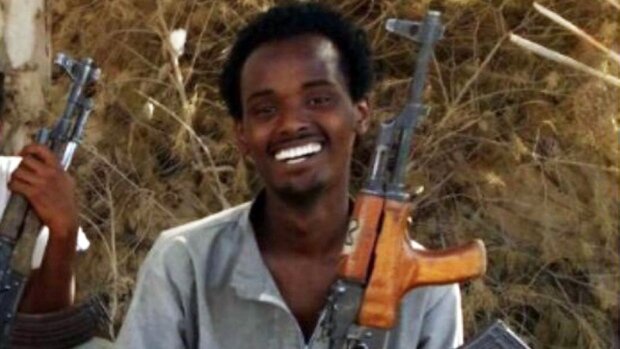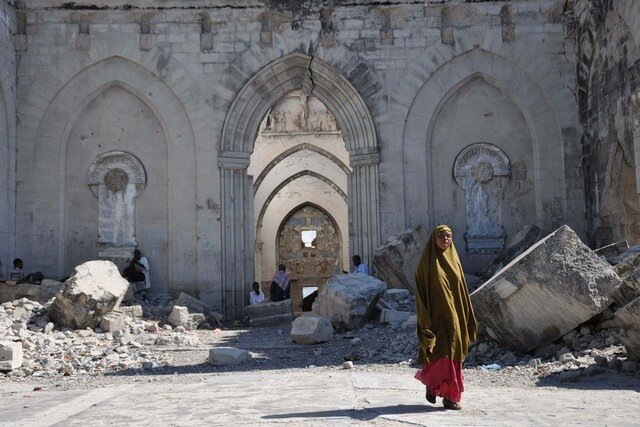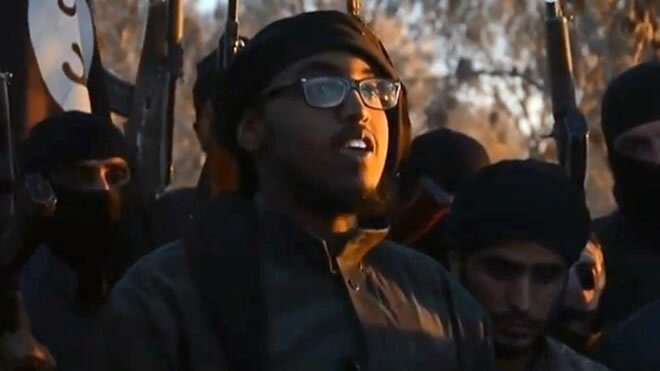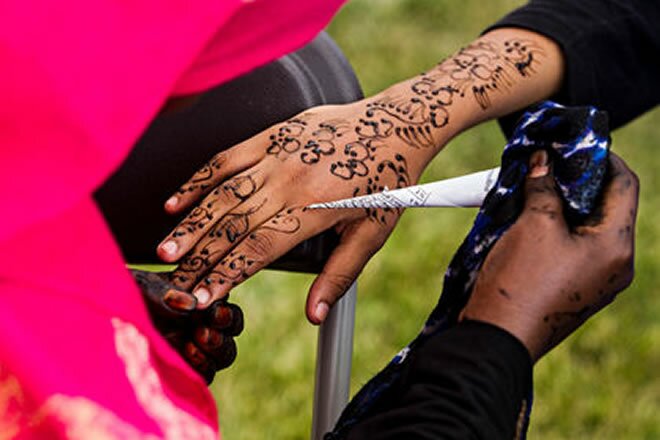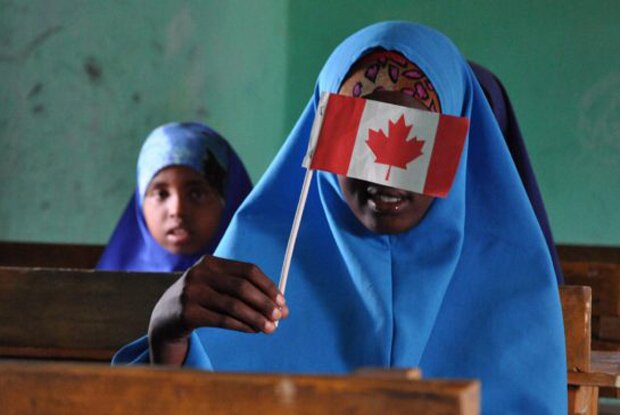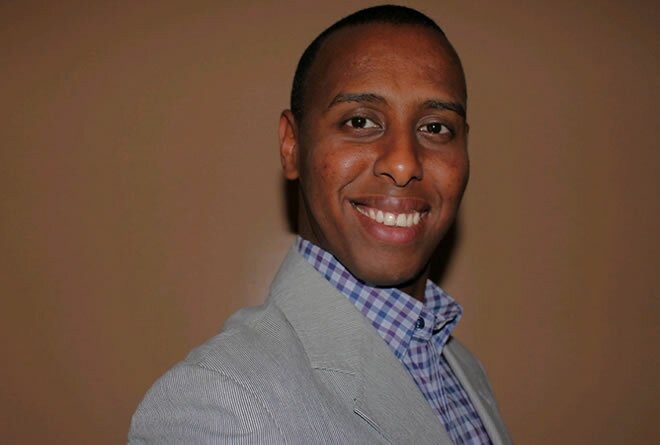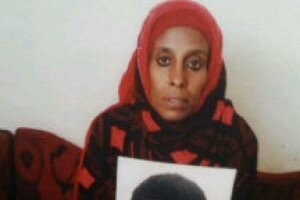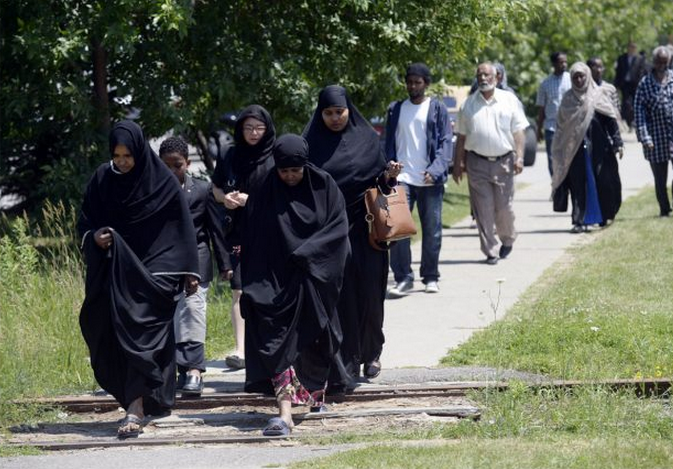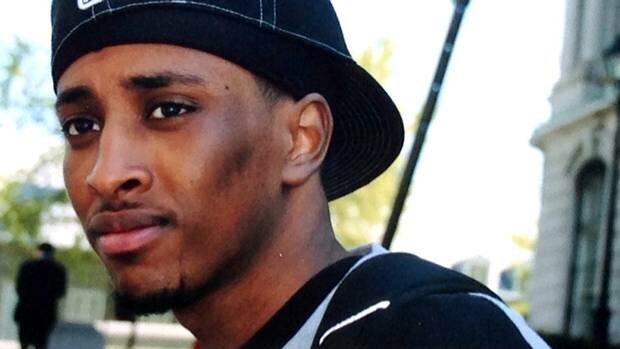The human-rights abuser on the G20 guest list
 By – Ahmed Hussein —Â Later this month, leaders from Ethiopia and Malawi will be in Toronto as invited guests of the G20. While it is to be expected that the Malawian President would be invited in his capacity as the Chair of the African Union, it is more surprising to see an invitation extended to Prime Minister Meles Zenawi of Ethiopia.
By – Ahmed Hussein —Â Later this month, leaders from Ethiopia and Malawi will be in Toronto as invited guests of the G20. While it is to be expected that the Malawian President would be invited in his capacity as the Chair of the African Union, it is more surprising to see an invitation extended to Prime Minister Meles Zenawi of Ethiopia.
Mr. Zenawi has been a disappointment to the international community. Since coming to power, he has not lived up to his promises to democratize Ethiopia and end the abuses of the country’s minorities. In fact, the opposite has occurred: Mr. Zenawi heads a government that has been accused by the U.S. State Department, Amnesty International and Human Rights Watch of systematically attempting to destroy ethnic minorities in the Ogaden region and southern Ethiopia.
Mr. Zenawi’s government also has a history of repressing democratic opposition groups, banning or severely restricting the activities of NGOs, manipulating food aid to reward political allies, starving opposition supporters and cracking down on free media.
After opposition parties protested peacefully against rigged 2005 general elections, Ethiopian government troops opened fire on protesters, resulting in the deaths of 193 opposition supporters. The opposition leader at the time, Birtukan Mideksa, is still in prison serving a life sentence on trumped-up charges, and her plight has been compared to that of Burmese opposition leader Aung San Suu Kyi.
The Ethiopian government’s disregard for human rights and the rule of law has been felt beyond the country’s borders. Canadians, for instance, have been alarmed by its treatment of Canadian citizen Bashir Makhtal, who has been detained in Ethiopia for more than three years after being illegally rendered to that country by Kenyan authorities. The Ethiopian government has refused to release him despite being unable to prove any wrongdoing. Federal Transport Minister John Baird recently made a trip to Ethiopia in order to lobby for the release of this Canadian citizen, but Mr. Makhtal remains in jail.
Ethiopia also has been a destabilizing force in Somalia. Despite Ethiopian troops officially withdrawing from Somalia at the end of 2008, they are still unofficially entering that country in their quest to fight a proxy war with Eritrea. This has led to gross violations of human rights by Somali groups that are funded, trained and armed by these two neighbouring countries in clear violation of the United Nations arms embargo on Somalia. Just two weeks ago, Ethiopian troops entered the relatively peaceful Somali district of Buhoodle to carry out military actions that resulted in the deaths of dozens of civilians. The totality of these actions make Mr. Zenawi the wrong type of head of government to be invited to a G20 summit. This invitation sends the wrong message to Ethiopia and other African countries that are gradually backsliding on earlier promises to democratize and improve human rights.
At a minimum, Canada should stand up for one of its own by making it clear to the Ethiopian government that Mr. Zenawi would be admitted into Canada only if he immediately and unconditionally releases Canadian citizen Bashir Makhtal. Future Canadian aid to, and diplomatic engagement with, Ethiopia should be tied to a demonstrable improvement in democracy, human rights, rule of law and governance.
______
 Ahmed Hussen is the national president of the Canadian Somali Congress. He analyzes issues related to politics, peace, security and governance in the East African region.
Ahmed Hussen is the national president of the Canadian Somali Congress. He analyzes issues related to politics, peace, security and governance in the East African region.
Comments
comments
 Calendar
Calendar






